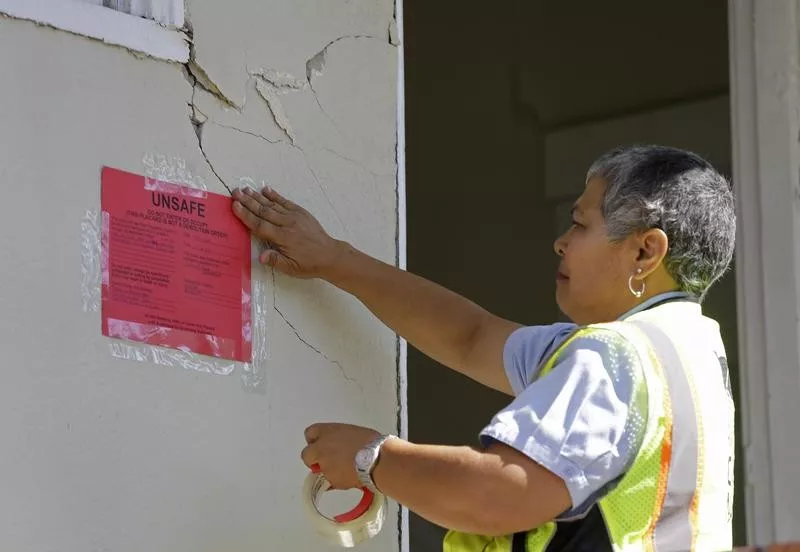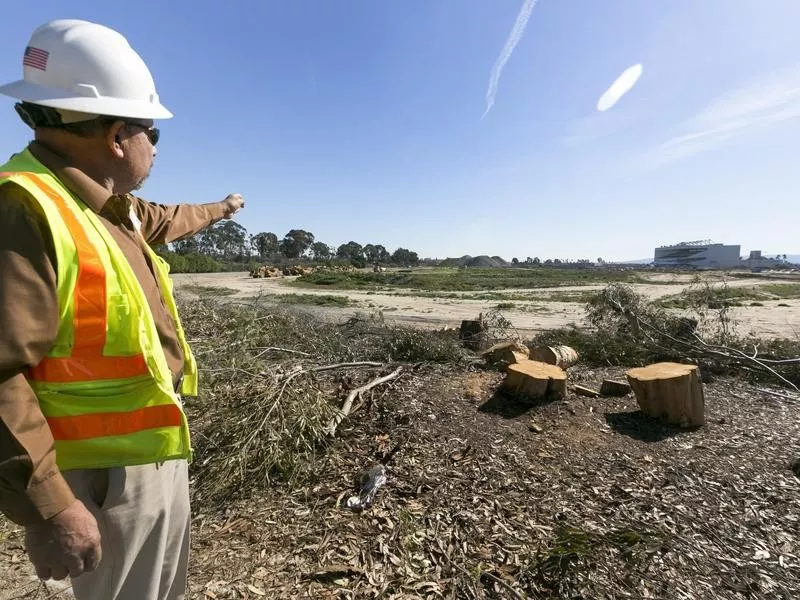In a world where it costs $101,000 in all-in costs (room and board, books and supplies, fees) to attain a bachelor’s degree at a public university, getting a four-year diploma is understandably less tantalizing than it used to be. Especially when it takes an average of 20 years to pay off.
It’s no surprise that young people might be questioning the need for college. While degree holders do earn more than non-degree holders, making a good living without a degree is absolutely possible. These jobs pay at least $55,000 per year, and all of them are attainable without needing a traditional college degree.
That doesn’t mean you’ll be able to get them right away — although many of these careers are well within reach. Most of these jobs require on-the-job training, classes or certifications. But they all have one thing in common: The jobs are much cheaper to get than those that require a bachelor’s.
Postal Service Mail Sorters, Processors and Processing Machine Operators

Nati Harnik / AP Photo
Median annual salary: $49,130
What they do: These post office workers operate inside United States Postal Service facilities, routing, sorting and examining mail. Operators work on sorting machines and may need to repair them as necessary. This job category also includes UPS contractors, but excludes clerks and mail carriers.
Unfortunately, this is a career path that is very difficult to enter because the United States Post Office is being starved of funding from the federal government and at risk of completely going under and becoming privatized.
The current job outlook for all postal service workers for the next 10 years is at negative 14 percent, with an expected loss of 72,000 jobs.
Construction and Building Inspectors

Eric Risberg / AP Photo
Median annual salary: $64,480
What they do: Construction and building inspectors make sure structures meet all federal and municipal building codes, ordinances and zoning regulations.
These workers will go on-site when buildings are being constructed, taking note of the building process and making sure all rules are being followed. If something isn’t up to code, they’ll issue violation notices or even a stop-work order until everything is in good shape.
Off-site, building inspectors spend time reviewing blueprints, compiling reports and reviewing any changes in local or federal building codes. This job requires a high school diploma or equivalent, on-the-job training and usually a license or certification, depending on the state.
First-Line Supervisors of Construction Trades and Extraction Workers

Damian Dovarganes / AP Photo
Median annual salary: $74,080
What they do: Extraction worker is a general phrase that refers to any worker involved in extracting resources from the earth, be it miners or oil workers.
Similarly, construction trades is a general term for all types of construction workers, from carpet installers to boilermakers and roofers.
This job is a managerial position over those kinds of workers. It doesn’t require a degree, but experience in the field, and supervisory experience will be needed.
Makeup Artists

Andy Kropa / AP photo
Median annual salary: $96,370
What they do: Makeup artists work in the entertainment, television and theater industry. They might be putting on theatrical makeup for Hollywood actors or Broadway performers, or doing makeup for news anchors.
No traditional education is required, but training in something like cosmetology school or completing makeup artistry programs is practically required.
This career path is a commitment. On average, cosmetology schools can run from $6,500 to $20,000, depending on the school and its location.